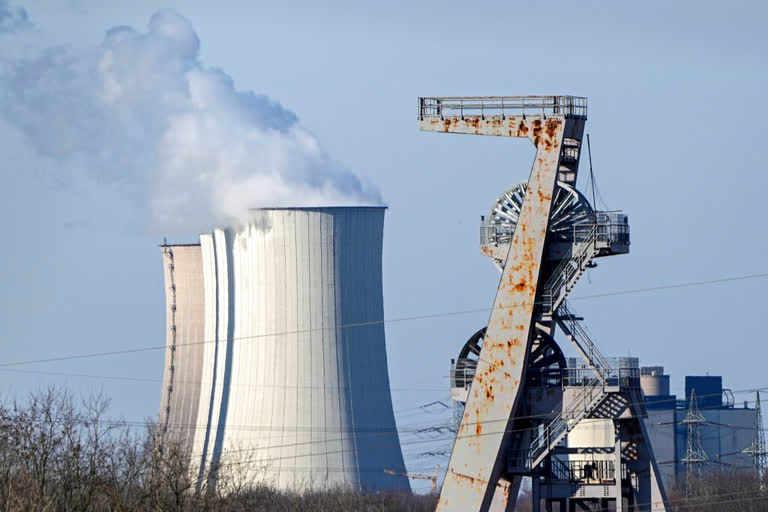New Delhi: Finance Minister Nirmala Sitharaman not only announced a reduction in excise duty on petrol and diesel on Saturday, but she also announced calibrations of customs duty on raw materials and intermediaries used in plastic and steel industry to bring down the final cost. Similarly, the government also levied export duty on some steel products. According to trade experts, the reduction in import duty on key raw materials and increase in export duty on iron and steel intermediates will bring down the domestic prices; infuse competitiveness in the manufacturing sector and exports while also promoting the export of value added exports from the country.
According to some estimates, the prices of steel products should fall by as much as 10% for the primary producers. A Sakthivel, President of Federation of Indian Exporters Organization, says that while the decision to cut excise duty on petrol and diesel would soften inflation, the reduction in import duty on raw materials for the plastic and steel industries and increase in the export duty on iron ore and steel intermediaries would bring down the domestic prices. “This will also add to the competitiveness of the manufacturing and export sector and will further push value-added exports from the country,” he said.
Sitharaman had also announced the measures to improve the availability of cement in the country through better logistics which is also expected to bring down the cost of cement. Sakthivel said the measures announced by the finance minister would also ease the logistics pressure and bring down the freight bill as in some cases the same raw material was being exported from the country and subsequently being imported by the downstream users.
Steel prices for primary users set to fall
The government’s decision to calibrate the import and export duties on raw material and intermediary products for the steel sector is set to bring down the domestic prices for primary users. Mahesh Desai, chairman of the Engineering Exports Promotion Council says the government’s decision has been taken in the wake of rising input costs, especially primary steel. He says the decision to remove import duty on raw materials for steel would lower the cost for domestic steel industry and therefore lower the prices.
“Engineering goods manufacturers and exporters would benefit from the move and become more competitive in the global markets, Desai told ETV Bharat. He says that by adopting a mix of imposition and increase in export duty on iron ores and a host of steel intermediaries would increase the domestic availability of the key industry inputs. Desai says the prices of primary steel products will fall by 10% for primary producers and 15% for secondary steel producers.
Talking about the impact of these measures, Desai says rising inflation has emerged as a major headache for policymakers world over. “Persistent elevated prices pose a serious risk to demand and growth. The latest decision of the government should partly neutralise the negative impact of surging raw material prices," observed the EEPC Chairman.
Textile producers demand relief
With the announcement of relief to the steel, plastics and cement industries, the demand for such relief for textile sector and textile exporters has gained momentum. FIEO President Sakthivel says similar measures need to be taken for some of the textile inputs as the rising prices are making it extremely difficult for exports of value-added apparel sector to meet the increasing competition. “Export Duty on cotton and duty free import of cotton yarn will help in domestic availability of these inputs at competitive cost,” Sakthivel said.
Also read: High inflation led to excise duty cut in petrol and diesel



